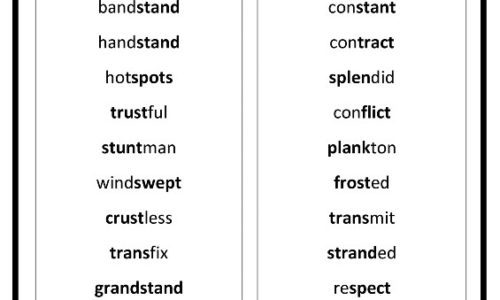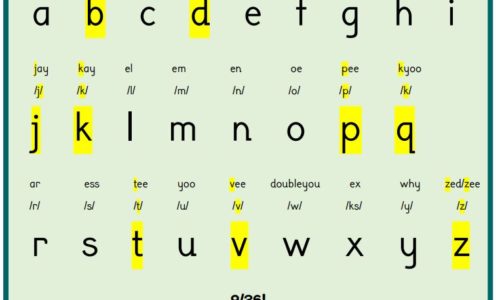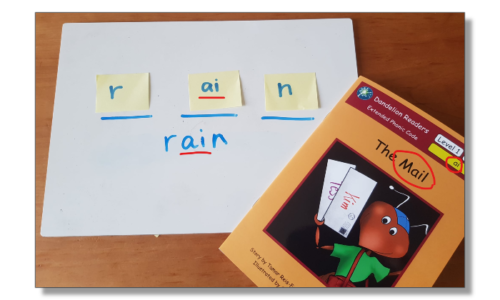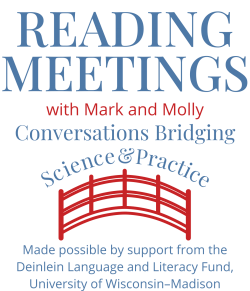
The Institute of Education Sciences (IES) within the US Department of Education periodically issues free practice guides for teachers. They convene a panel, review the research, and formulate general recommendations based on the evidence. What I like about these practice guides is that they are concise, accessible, and practical. The goal is not to get…
Read More




